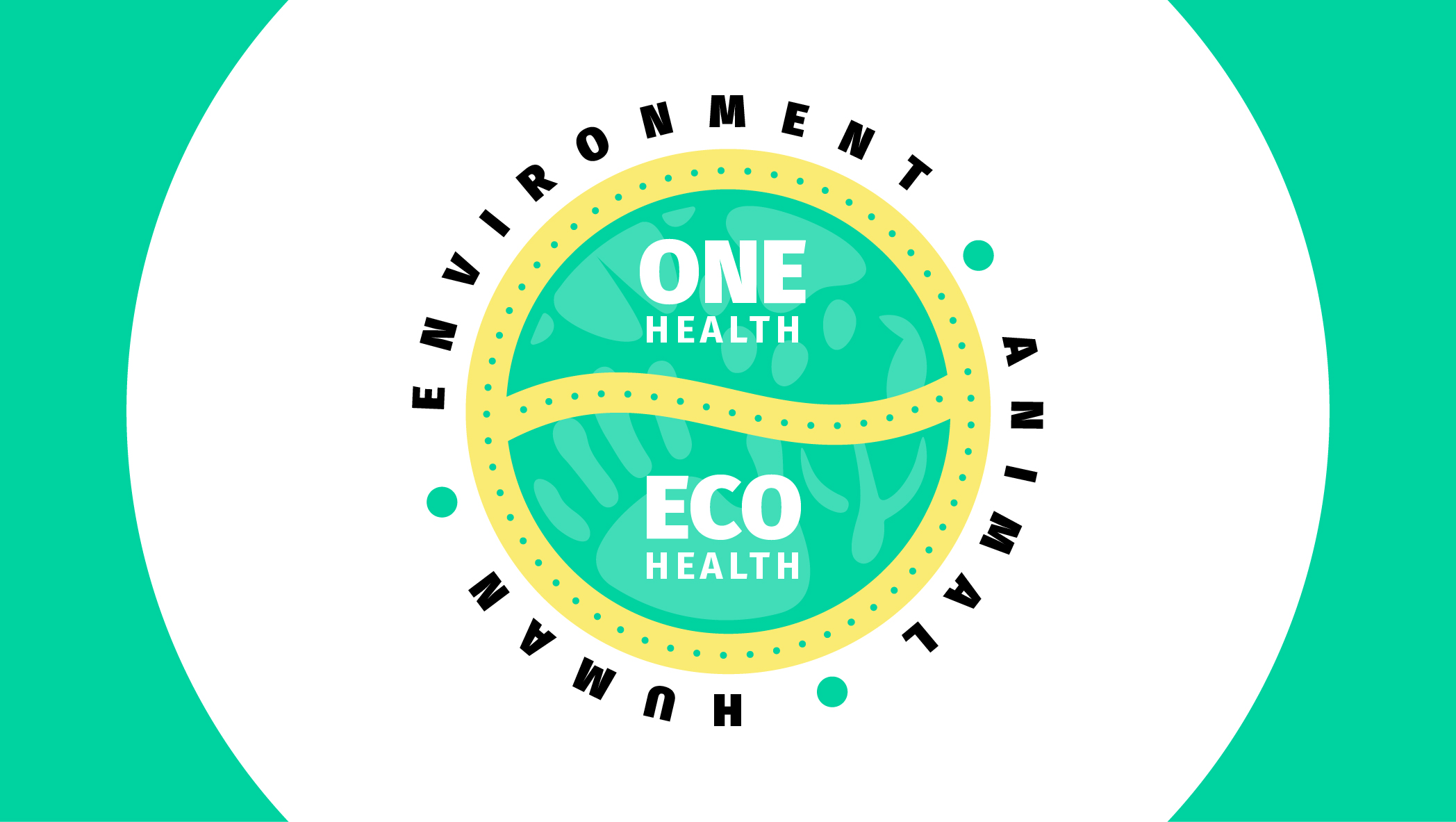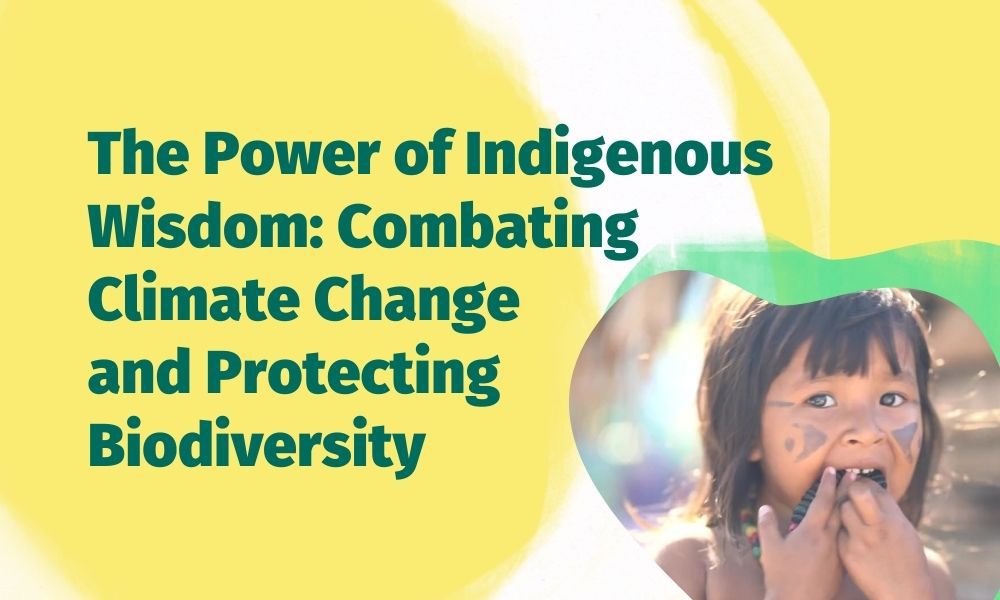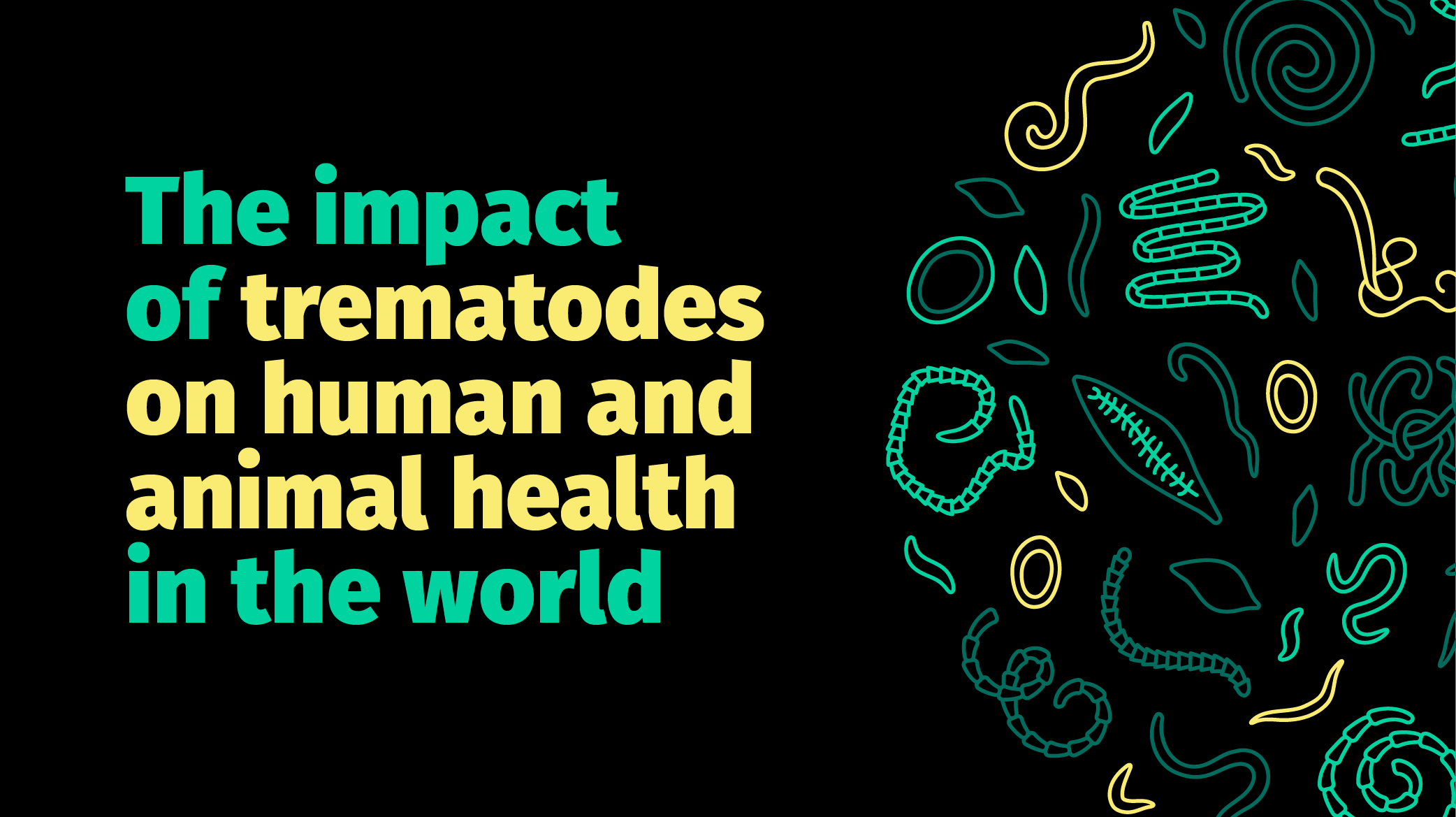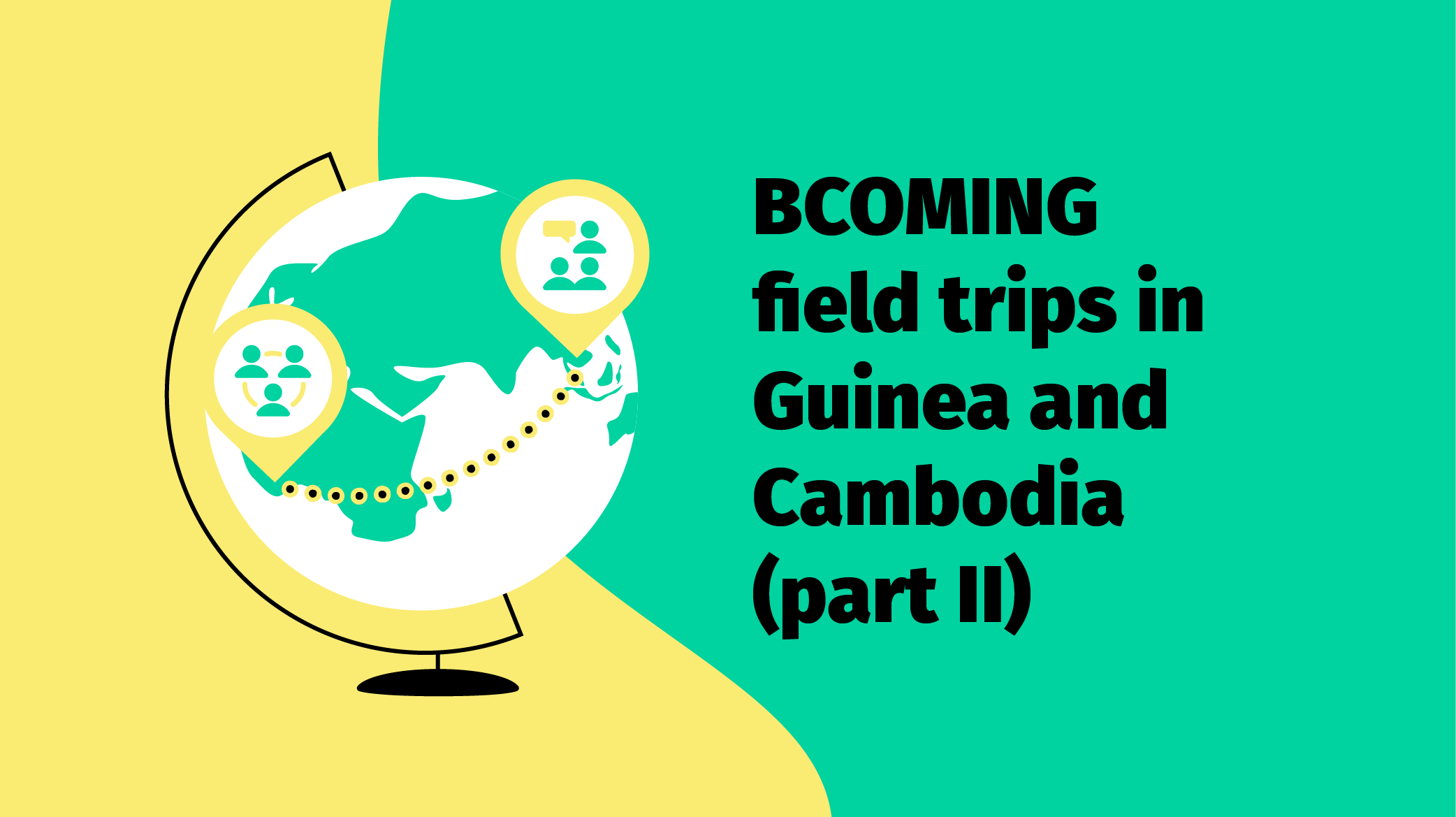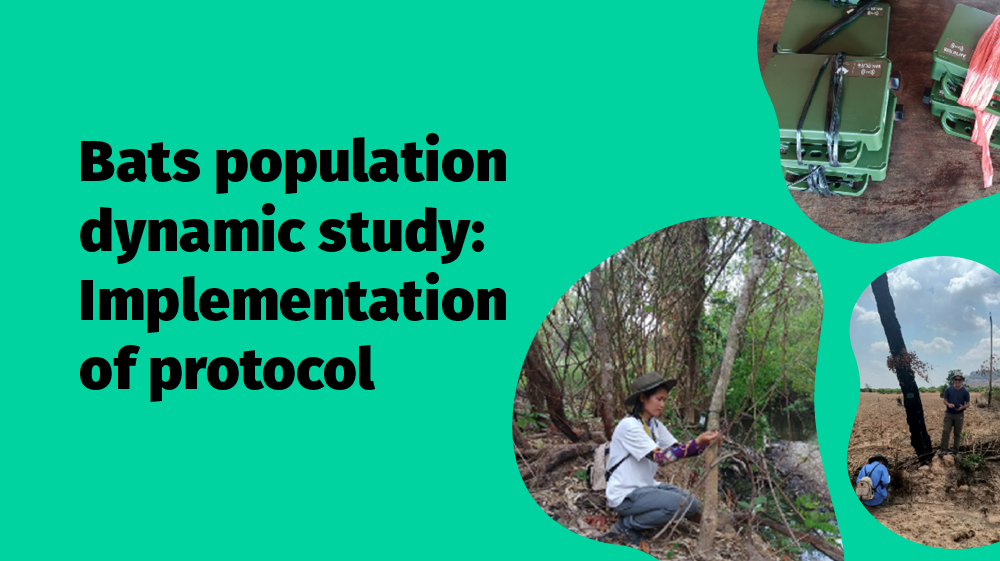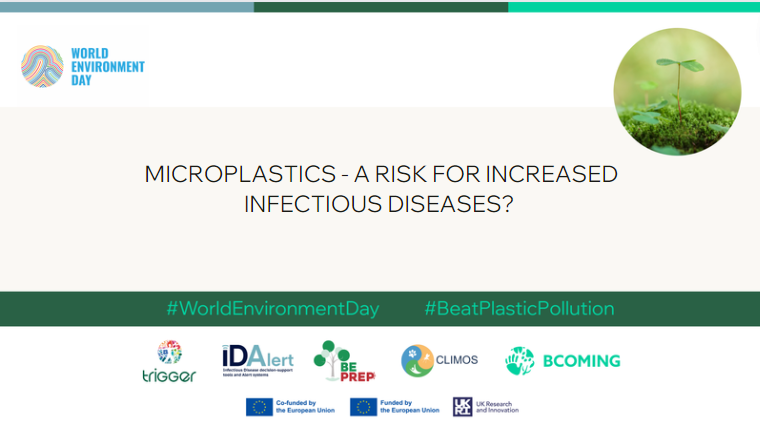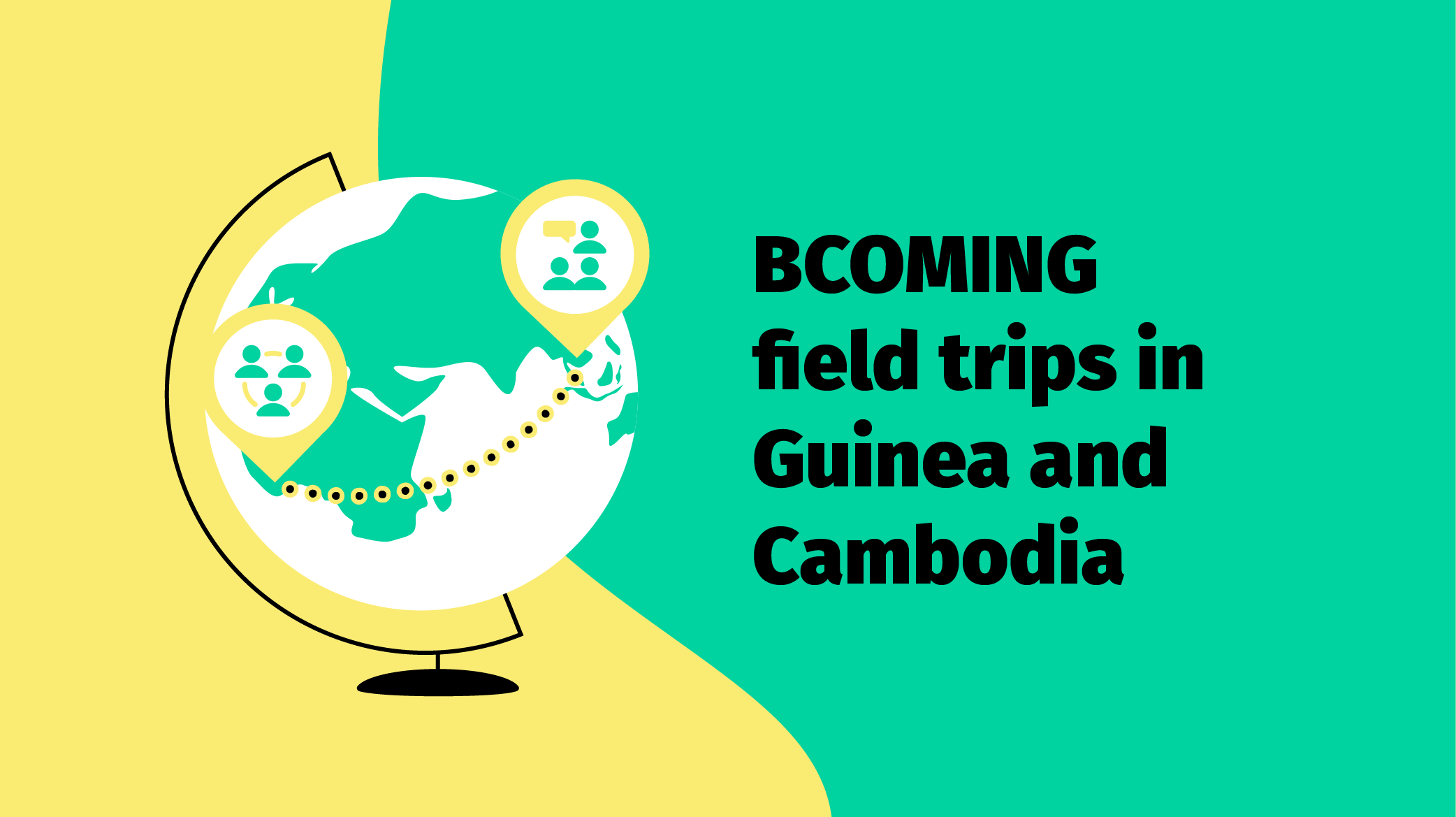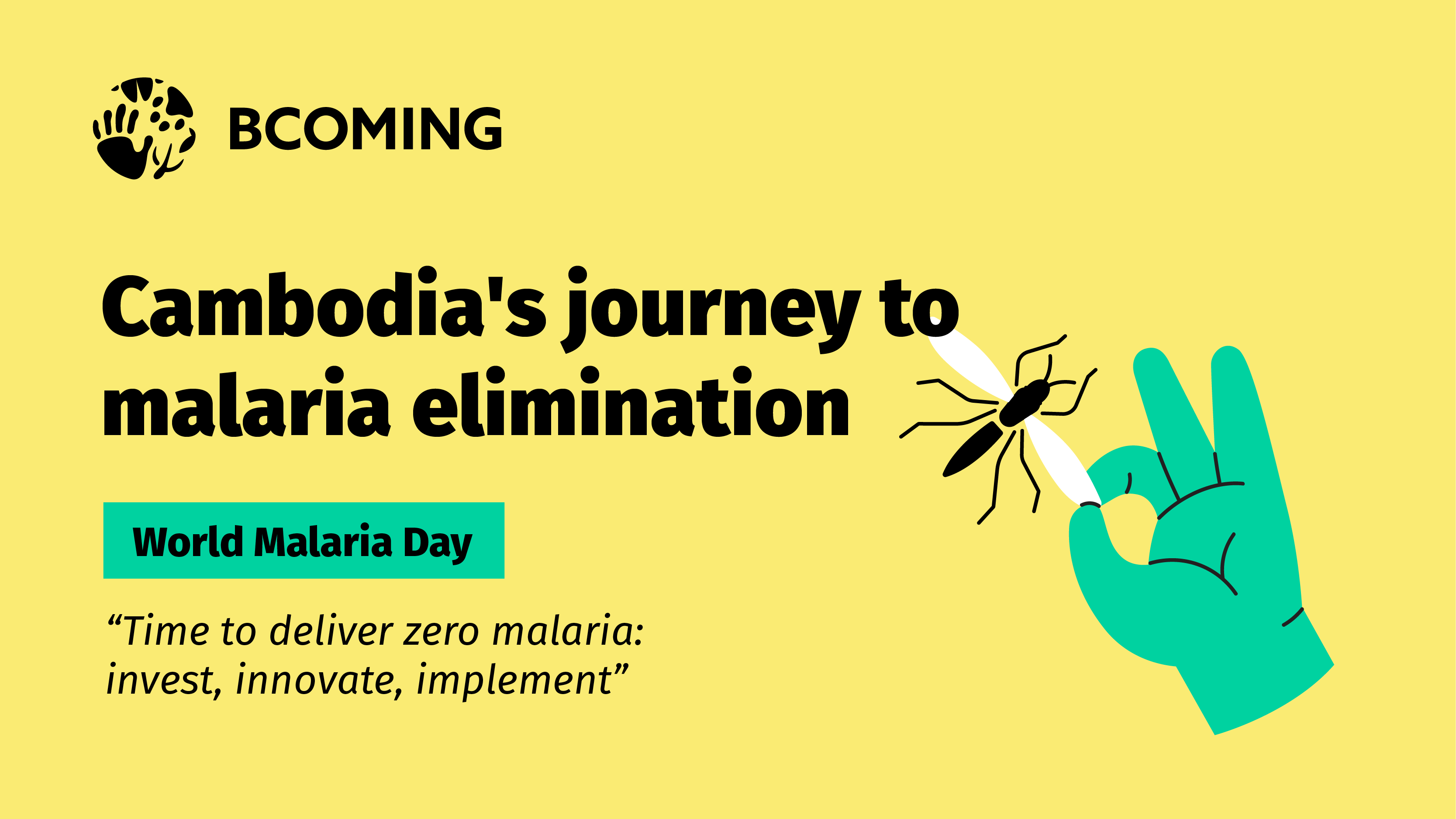Sampling Campaigns In Ivory Coast, Cambodia and Guadeloupe (Aquatic Part)
As part of the BCOMING project, a series of aquatic (freshwater) samplings were performed in Ivory Coast (May 2023), Cambodia (July 2023) and Guadeloupe (October 2023) to identify the patterns of biodiversity of the aquatic communities and their parasites in tropical areas along a gradient of urbanisation, with the aim of i) identifying drivers of disease emergence and ii) preventing disease risk. Our team consist of Dr. Marine Combe (CR, IRD), Dr. Claudia Bommarito (PostDoc, IRD), Prof. Rudy E. Gozlan (DR, IRD) and Ms. Chloé Lefebvre (Technician, IRD) from the French National Research Institute for Sustainable Development (IRD) and the Institute of Evolutionary Sciences of Montpellier (ISEM), France. As responsible team of the aquatic sampling, it was exciting to finalize together the last details of the sampling, prepare and ship the material, and finally see the field campaigns taking place.


